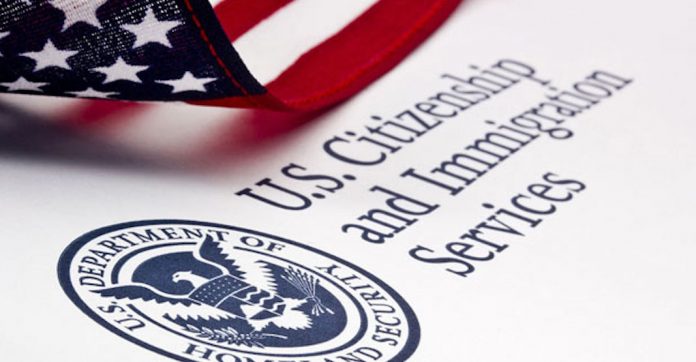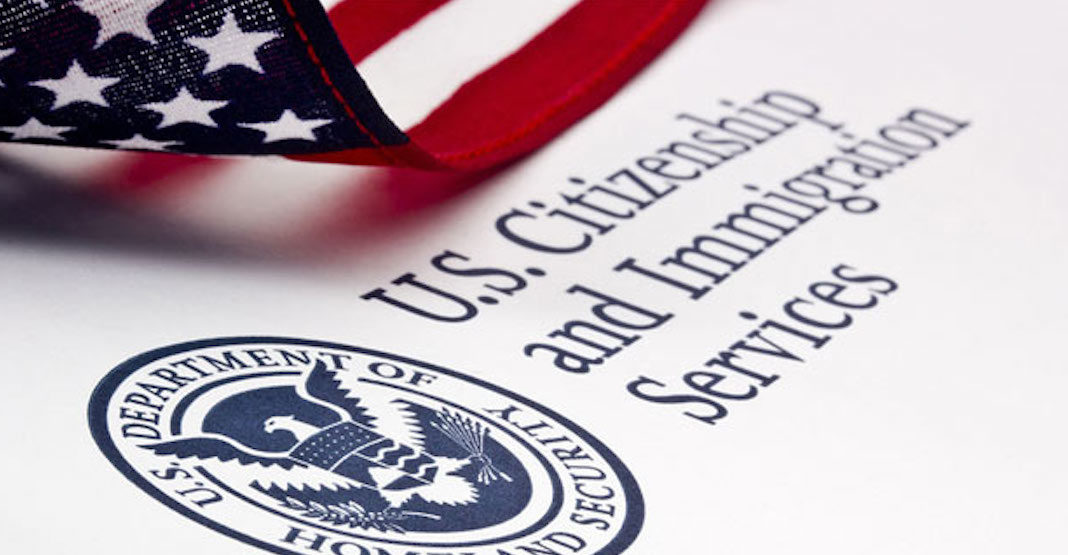
Launched with a great deal of trumpet – on Twitter – by Donald Trump, the “immigration suspension” that came into effect on April 23 had really not changed much since it was so limited in its scope. But the decree provided for a possible enlargement after 30 days, so on May 23. And this time, many more “working visas” are in the viewfinder.
The explosion of unemployment (36.5 million more unemployed since the start of the crisis) prompted Donald Trump and his supporters to further reinforce their anti-immigration message. May 7, arguing the need to “Limit the importation of unnecessary workers while American families and businesses can get back on their feet”, four Republican senators (Tom Cotton, Ted Cruz, Charles Grassley and John Hawley) wrote to Donald Trump asking him to suspend some visas for 60 days and others for “At least one year”. Among these visas that these senators would like to see suspended for one year are the H-1B (highly qualified, often in technology), H-2B (seasonal non-immigration) and the “Optional Practical Training Program” (OPT) which allow foreigners who come to study at an American university to extend their stay by working up to 24 months.
The publication of this letter by a group of well-listened senators from the White House on these issues, has created the concern of many specialized lawyers, and of companies that need these visas to function. Several firms specializing in supporting foreign companies in the United States have already warned their clients of a possible postponement of H-1B files currently under study. “Even if it is not yet decided, given the political situation – and the fact that senators like Ted Cruz are generally well informed about the intentions of the administration in matters of immigration – it seemed to us useful to alert our customers ”, confirms one of these lawyers, wishing to remain anonymous with regard to measures not yet adopted.
From the start of the crisis, pressure groups assaulted the White House, supported from the inside by the influential presidential advisor Stephane Miller, fierce supporter of the use of the health crisis to reduce immigration. But, in the opposite camp, large companies – represented in particular by the US Chamber of Commerce – also know how to make themselves heard by Donald Trump. It was their lobbying that, in April, largely emptied of its substance the “suspension of immigration”. They even obtained certain relaxations, for example concerning the H2B visas, which, far from reducing immigration, actually had the effect of making it easier for certain sectors! Founded by major technology groups, including Microsoft and Facebook, FWD.US is campaigning to denounce the “hypocrisy” of using the Covid-19 in this immigration debate. “The same people who asked for a 50% reduction in immigration when we had less than 4% unemployed are now coming back under this pretext, notes Todd Schulte, president of FWD.US. It actually has nothing to do with the economy – which will suffer even more if immigration is restricted – and everything with ideology ”.
Young graduates in the crosshairs
If the fate of the H-1B and H-2B, but also of the EB-5 visas (investors, leading to the green card) is still hotly debated, it is the OPTs that seem most threatened. Two weeks ago, Homeland Security Secretary Chad Wolf said in an interview that his department “has been on the subject for a long time ”. Faced with this threat, university presidents have started to mobilize, and to contact elected officials, to defend students who, most often paying the highest tuition fees, have become a major source of income for these institutions. . The abolition of this program – which last year concerned some 220,000 young graduates – makes them fear a decline in interest from these recruits, who would be less ready to pay these exorbitant sums if they cannot stay at work in the process. in the USA.
But for a president who seeks to send signals to a very overwhelmingly anti-immigration base, this OPT program – which particularly concerns many Chinese students – is tempting. Unlike the H1B, provided for by law, the OPT is entirely within the power of the executive. “As millions of American graduates enter the disaster-stricken job market with more than limited opportunities, it would make no sense to continue a program that it has the power to cut.” for example, said NumbersUSA, an anti-immigration association.
Response expected in the next few days, probably by presidential tweet.









